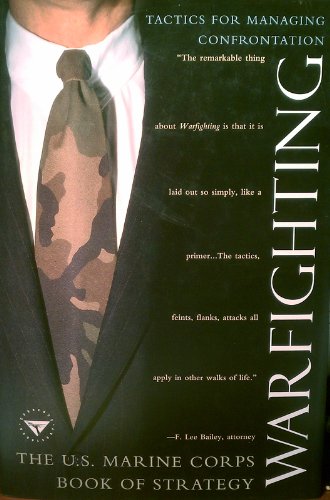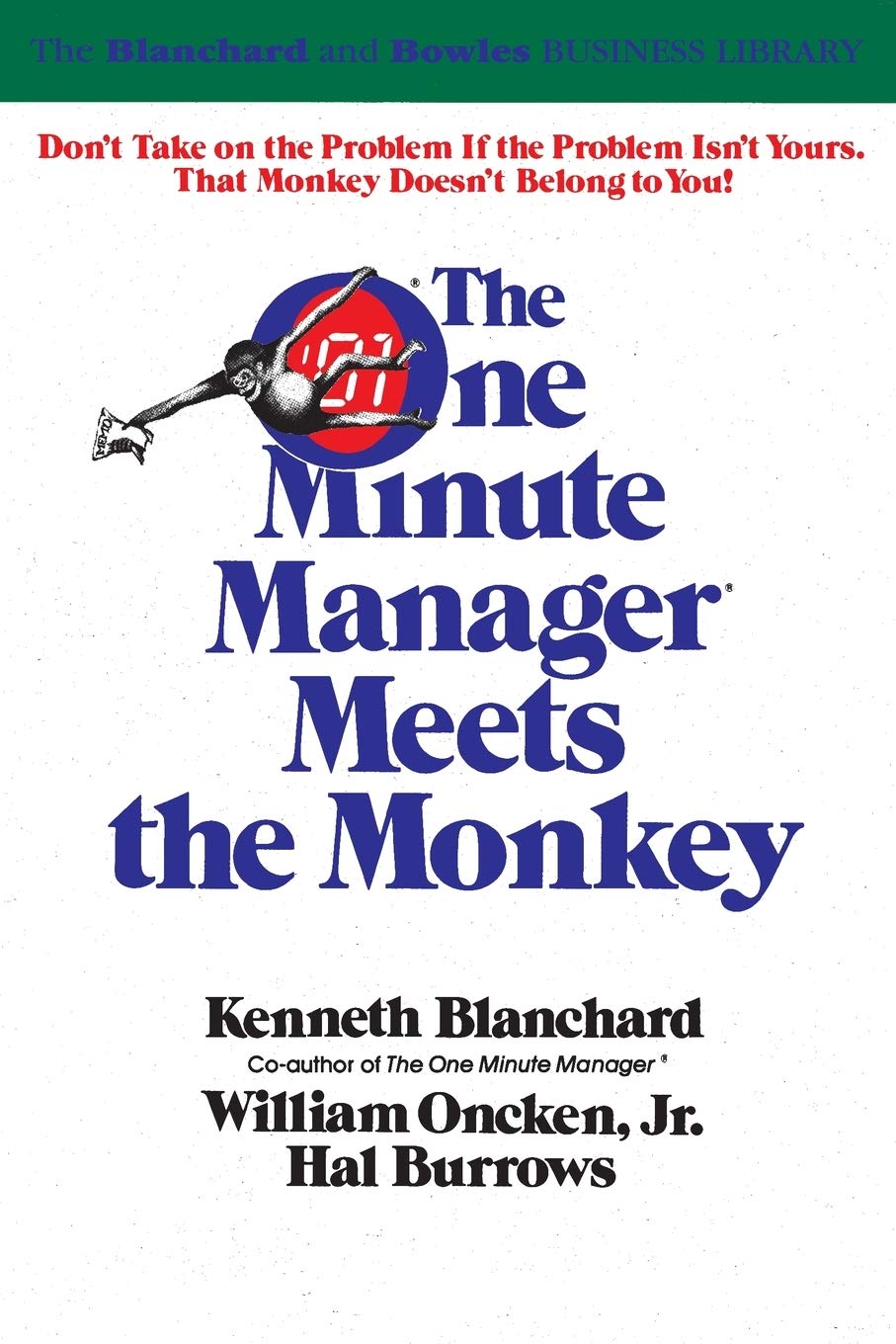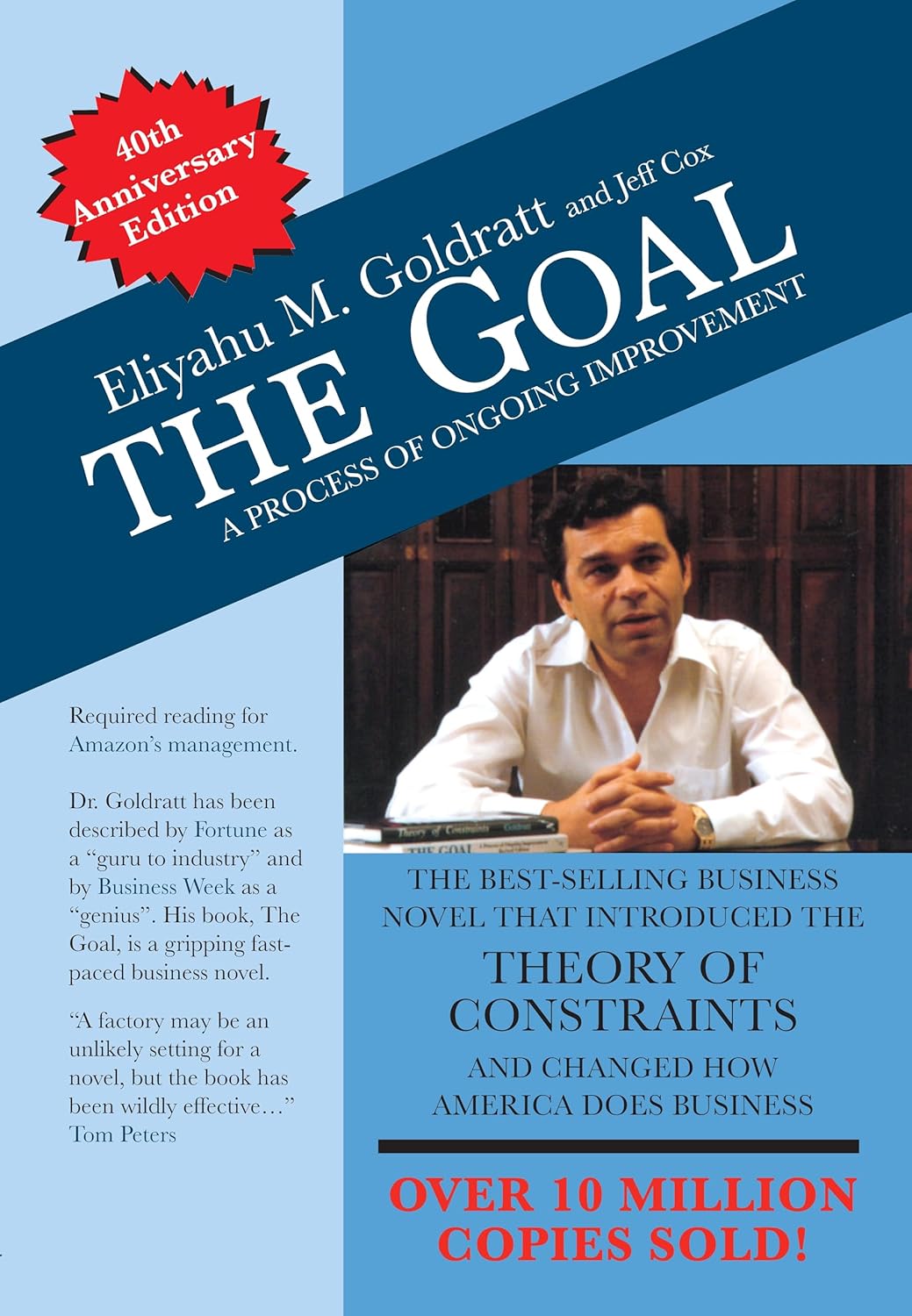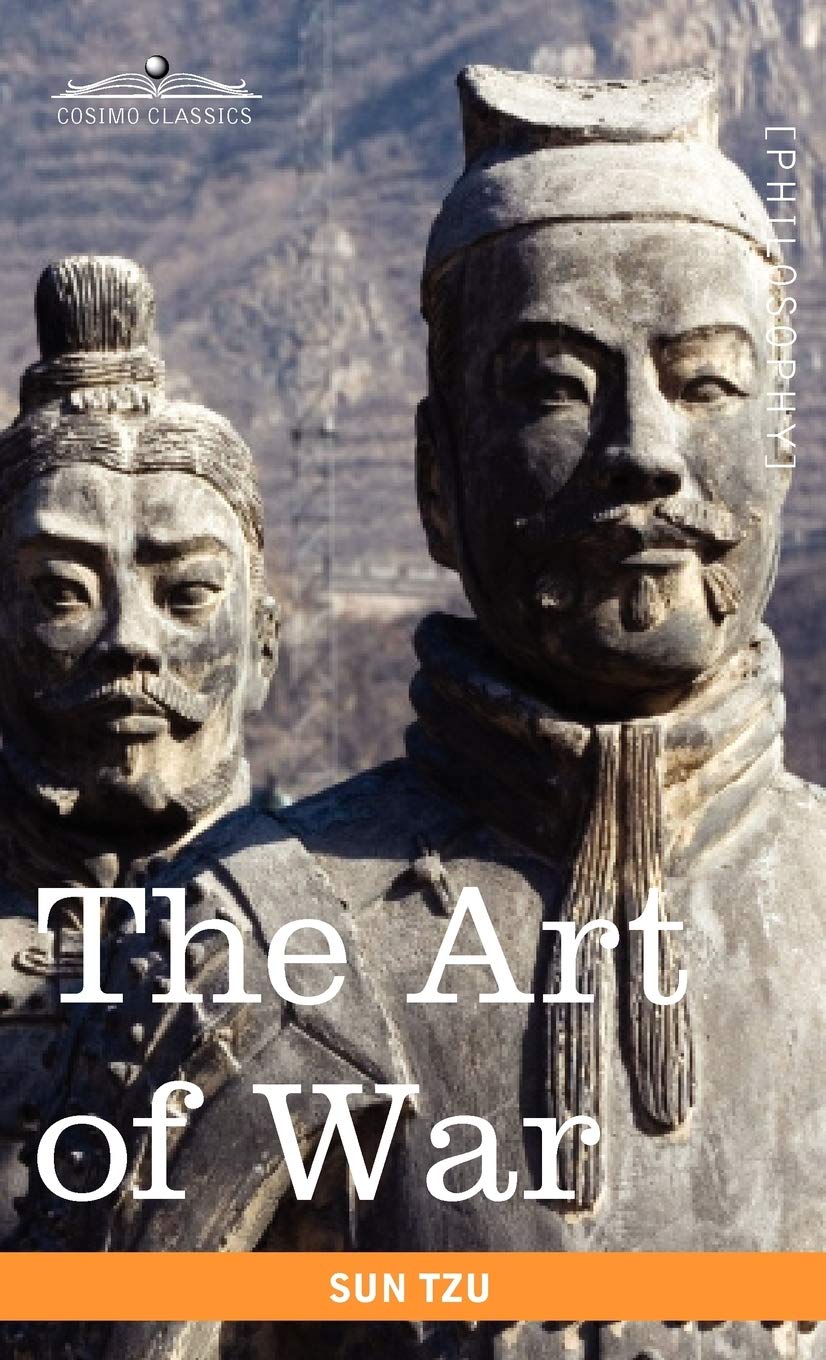Reading can be the difference between a good career and a great one. How are you taking control?
Last week I went all “Joe Negative” with my 5 pieces of bad advice from investment gurus. The goal with that piece wasn’t to be argumentative…it was to help people realize that no advisor is infallible, and although starting with the guru is good, finishing with your own plan is better.
This week, to prove just how optimistically positive I can be, I thought it’d be great to review the top 5 pieces of career advice I’ve ever read from the popular press. Sure, some of these are from pop self help books, but these lessons have proven their weight during my career:
5) The concept of “Move and Fire” – Marine Corps Book of Strategy
While I’ll agree that the concept of business as battle is often overplayed, the idea of “move and fire” is a valuable weapon for a businessperson. Often, I’d want to either respond to a client request or work on improving relationships. By quickening the tempo of my communications with clients, surprising them with data when they didn’t expect it, and advising them on areas where they didn’t realize I was an expert, I was actually able to decrease my overall workload because I wasn’t getting silly requests on client terms. The “battlefield” of my career began to be dictated on my terms.
I also realized that to grow the business I couldn’t be one-faceted. I had to attack from all angles. That’s when my media blitz began and I gathered as many television, radio and print opportunities as possible. By moving and firing, instead of going slowly, I pushed past many people who waited for someone else to throw them a chance.
4) “The past doesn’t equal the future” – Tony Robbins (Awaken the Giant Within)
In business, you need to have a short memory or you’re dead. I saw many workers in all of my jobs (from high school through financial planning) who couldn’t get over the time they’d been passed over for a raise, the undeserved reprimand from a boss, or the tongue lashing from a client. Get over it.
I also experienced a phenomenon with young workers who couldn’t grasp concepts and refused to learn about them. I’d recommend listening to podcasts, reading work related blogs and books, or watching videos. Often, I was surprised to hear, “Yeah, I don’t really do that stuff.” Instead, they seemed to think that it was management’s job to teach everything you need to know to have a successful career.
Don’t wait on your manager to make you great. Just because you weren’t a reader yesterday doesn’t mean you aren’t today. Just because you were loud and brash at work doesn’t mean you have to be tomorrow. Just because you don’t dress appropriately for work doesn’t mean you’ll forget the tie tomorrow. The past doesn’t equal the future indeed.
Another related concept that nearly made this list was Tony Robbin’s assertion that success increases as you make decisions faster. While people often avoid decisions for fear of “being wrong,” Robbins pushes readers to click at a faster rate. Your brain will find ways to make your decisions better.
“I’ve failed more often than the average person has tried.” Donald Trump
Buy it now at Amazon for $12.39.
3) Beware “The Monkey” – Ken Blanchard (One Minute Manager Meets the Monkey)
While the whole One Minute Manager series was a little short on great ideas, the concept of “the monkey” helps great people accomplish more without becoming bogged down in irrelevant tasks.
Here’s the monkey: a co-worker walks into your office with a problem….we’ll call the problem “the monkey.” Instead of saying, “I’ve got a problem I need you to help me with,” co-worker says:
“We have a problem.”
The second that you agree that “we” have a problem, one of the monkey’s arms is around your shoulder. When you say, “I’ll take care of it,” the friend leaves your office and you now own a monkey while the friend is free of the problem.
Once I began to recognize “the monkey” and learned to say, “Let me help YOU with YOUR problem,” my life became much simpler because I never took “the monkey” on my shoulders. I could work on my own monkeys without inadvertently taking on everyone elses’…a common problem for achievers.
Get it now at Amazon for just $9.69.
2) Remember “the Goal” (The Goal)
While the One Minute Manager didn’t wow me, The Goal by Eliyahu Goldratt completely bowled me over. I can explain the concept here in a couple of sentences, but I won’t be able to convey the magnitude of how much this change in perspective increased my ability to achieve. In essence: many people measure results in areas other than the one that matters: throughput. If I can increase the speed of something that doesn’t reach the customer, why do I care? The only job that matters: finding the bottleneck and working on increasing the output through that area of the process.
I often worked with managers and clients who’d complain about a certain department or facet of their plan that wasn’t performing well or workers who didn’t seem to be working as hard as they could. When processes are measured, though, many times these weren’t the areas the manager should be worried about. A manager should worry first about the area which is the bottleneck decreasing throughput. It seems obvious and not really a big deal, doesn’t it? This is #2 on my list because once I read the book (and the follow up, “It’s Not Luck”) my business changed dramatically.
Buy it now at amazon for $21.94.
1) The best battle is the one that’s never fought – Sun Tzu (The Art of War)
Sorry about two “war” books in the same piece, but this one was easily my favorite piece of advice. When I’m at odds with someone I’ve learned that instead of bringing on the fight, are there ways that I can still “win” without fighting at all.
With Sun Tzu’s help I became more proactive. If I could answer potential questions or concerns my clients had BEFORE they occurred, I’d avoid a problem later. I’d also think of any way that my competitors might try to steal my business and make sure that my clients were iron-clad mine. In setting up financial plans I’d imagine all the ways the plan would be tested and raise defenses against them.
Sun Tzu can be found all over my financial planning tips. It’s:
– the reason I’m a stickler on the emergency fund, regardless of the interest rate.
– the single biggest reason my budget for married people focuses on communication, not spreadsheets.
– The reason I start with problems that might occur rather than insurance when dealing with “what if” scenarios.
Get it right now for $13.47 at Amazon.
There they are…my top 5. I’m excited to read your best career advice in the comments below. What should have made my list?





